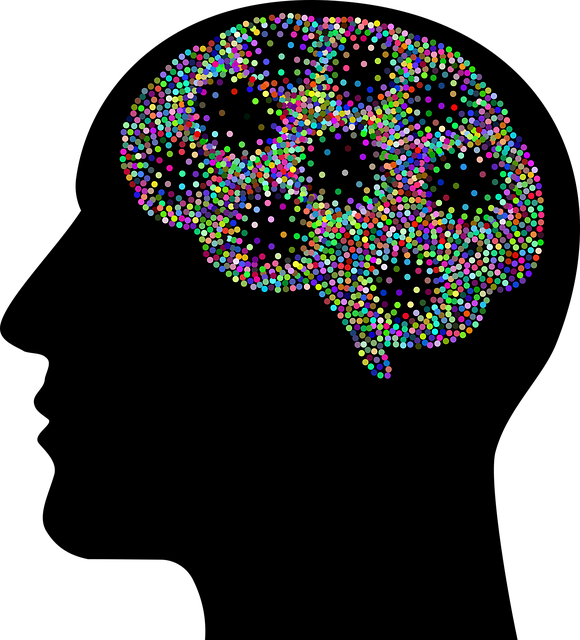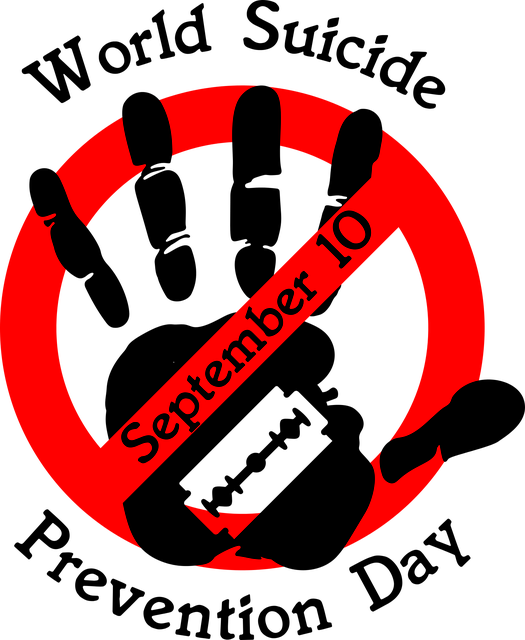Wheat Ridge Mindfulness Therapy promotes holistic mental wellness through mindfulness practices, mood management, emotional well-being enhancement, and confidence building. Journaling, advocated by them, is a powerful tool for self-exploration, stress management, and early detection of mental health concerns. By carving out dedicated time and space, practicing free writing, and exploring various journaling styles, individuals can gain profound insights, improve communication about mental health, and cultivate emotional resilience. Incorporating mindfulness techniques into journaling reduces stress, enhances understanding of individual experiences, and supports mental health advocacy efforts.
“Unwind your mind and embark on a journey of self-discovery with mental wellness journaling. In today’s fast-paced world, maintaining emotional balance is key to thriving. This comprehensive guide, tailored by Wheat Ridge Mindfulness Therapy experts, explores the transformative power of journaling.
From understanding the impact of mental health on daily life to uncovering effective techniques, you’ll learn how to create a personalized practice. Discover ways to capture thoughts and emotions honestly, integrating mindfulness for enhanced well-being. Unleash your inner peace and embrace the benefits of this powerful tool.”
- Understanding Mental Wellness and Its Impact on Daily Life
- The Power of Journaling as a Therapeutic Tool
- Creating Your Personalized Journaling Practice
- Effective Techniques for Capturing Thoughts and Emotions
- Integrating Mindfulness into Your Journaling Routine
Understanding Mental Wellness and Its Impact on Daily Life

Mental wellness is a holistic concept encompassing our emotional, psychological, and social well-being. It significantly influences our daily lives, shaping how we think, feel, and interact with the world around us. Understanding mental wellness involves recognizing that it’s not merely the absence of mental illness but a state of equilibrium where individuals can effectively manage their emotions, maintain positive relationships, and pursue meaningful goals. Achieving and sustaining this balance is crucial for overall life satisfaction.
Wheat Ridge Mindfulness Therapy offers valuable tools and techniques to support mental wellness. By focusing on mindfulness practices, individuals can develop effective mood management strategies, enhance emotional well-being promotion techniques, and build confidence. These approaches not only help in navigating life’s challenges but also foster resilience, enabling people to lead more fulfilling lives.
The Power of Journaling as a Therapeutic Tool

Journaling has emerged as a powerful therapeutic tool, offering individuals a safe and intimate space to explore their thoughts and emotions. This simple yet profound practice, often championed by Wheat Ridge Mindfulness Therapy, provides a platform for self-reflection and personal growth. By putting pen to paper, one can unearth hidden feelings, gain clarity on life’s challenges, and cultivate a deeper understanding of oneself. The act of journaling encourages individuals to confront their mental health issues head-on, fostering resilience and coping mechanisms that are essential for overall well-being.
Through regular expression, be it about daily experiences or profound insights, journaling becomes a means to enhance self-awareness. This practice not only aids in managing stress but also plays a crucial role in the early detection of mental health concerns. Communication strategies derived from reflective journaling can empower individuals to articulate their feelings effectively, enabling better participation in public awareness campaigns aimed at destigmatizing mental health issues. Additionally, risk management planning for mental health professionals can incorporate these insights to offer tailored support and guidance.
Creating Your Personalized Journaling Practice

Creating your personalized journaling practice is a powerful way to nurture your mental wellness, much like the thoughtful approach offered by Wheat Ridge Mindfulness Therapy. Start by choosing a space and time that feels right for you. Perhaps it’s quiet moments before bed or a peaceful morning cup of tea. Consistency is key; aim for daily entries, even if they’re brief, to develop a habit.
Consider incorporating various Self-Awareness Exercises into your routine. Reflect on your emotions, track your thoughts, and write about experiences that impact you. These practices can help build self-awareness and foster growth. Additionally, integrating Confidence Boosting techniques through affirmations or positive reflections can enhance your overall Mental Health Education Programs Design, providing a supportive framework for exploring and understanding yourself.
Effective Techniques for Capturing Thoughts and Emotions

Effective Techniques for Capturing Thoughts and Emotions
When engaging in mental wellness journaling with Wheat Ridge Mindfulness Therapy, it’s crucial to employ techniques that facilitate honest and authentic expression. Start by setting aside dedicated time each day or week for your journal, choosing a quiet, comfortable space free from distractions. Write freely without judgment, allowing thoughts and feelings to flow onto the page. This unfiltered expression can reveal insights into recurring patterns, triggers, and emotional responses. Incorporate various writing styles like stream-of-consciousness writing, gratitude lists, or even creative exercises inspired by compassion cultivation practices.
Additionally, incorporate strategies for empathy building and mental health awareness. Reflect on your experiences through the lens of understanding and kindness, as suggested by Compassion Cultivation Practices. This introspective approach encourages you to explore underlying causes rather than merely surface-level emotions. By balancing self-awareness with compassion, you can cultivate a more nuanced perspective on your thoughts and feelings. Remember, consistent practice leads to enhanced mental wellness, making journaling an invaluable tool in your personal growth journey.
Integrating Mindfulness into Your Journaling Routine

Incorporating mindfulness into your journaling routine can significantly enhance mental wellness, as recommended by Wheat Ridge Mindfulness Therapy. Start by dedicating a few minutes each day to quiet reflection and non-judgmental observation of your thoughts and feelings. As you write, focus on your senses—what you see, hear, touch, taste, or smell in the present moment. This simple act of awareness can help reduce stress and anxiety.
By integrating mindfulness into journaling, you engage in a form of crisis intervention guidance for yourself. It allows for more meaningful self-expression and fosters emotional resilience. Regular practice may also serve as burnout prevention, ensuring that you stay attuned to your mental health. Moreover, this mindful approach can inform your Mental Health Policy Analysis and Advocacy efforts by deepening your understanding of individual experiences and needs.
Mental wellness journaling can be a powerful tool for self-reflection and growth, as evidenced by its effectiveness in various therapeutic settings. At Wheat Ridge Mindfulness Therapy, we encourage individuals to explore their thoughts and emotions through this practice. By integrating mindfulness into your routine, you can enhance self-awareness and develop healthier coping mechanisms. Whether you’re just starting or looking to refine your journaling practice, remember that consistency is key. Through regular expression of your experiences, you can cultivate a deeper understanding of yourself and improve overall mental wellness.













